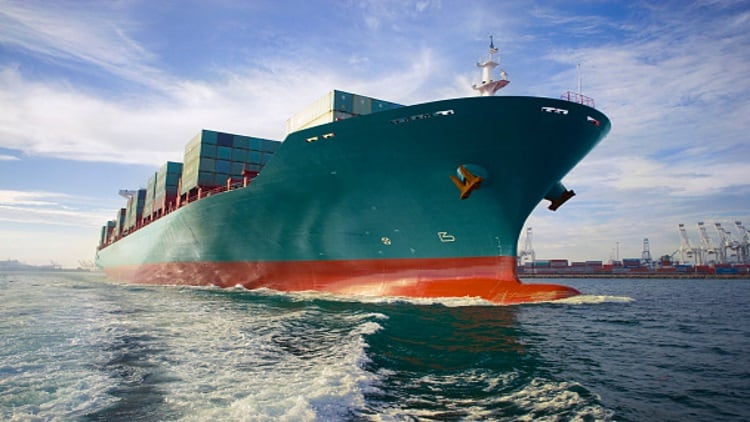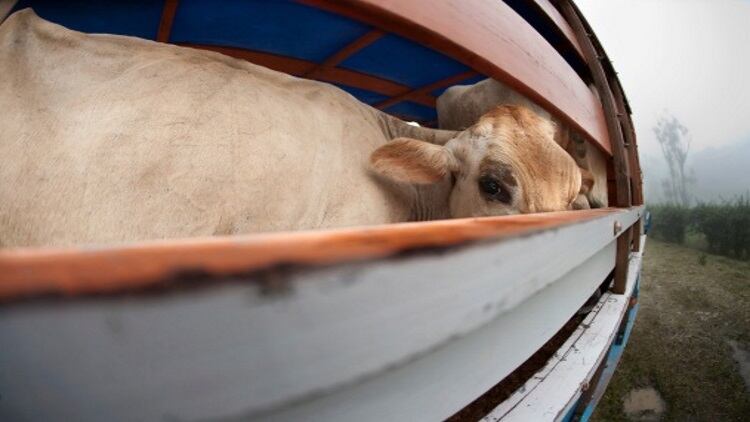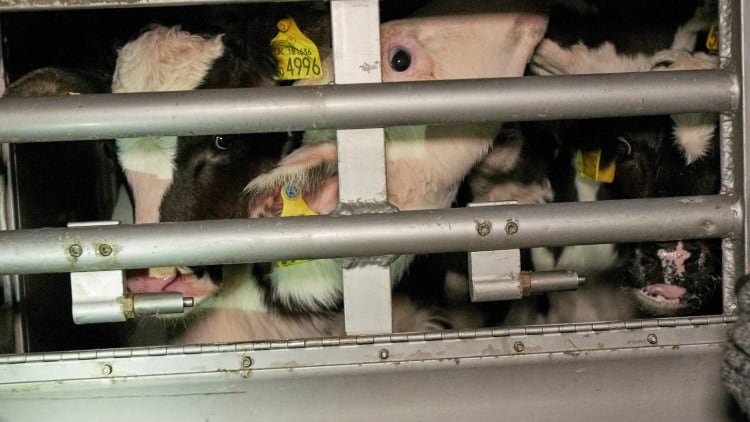At an EU Agriculture and Fisheries Council meeting earlier this week, the Commission urged member states to renew efforts at all levels with the aim of ensuring compliance with existing rules on the protection of animals during transport, in particular over long distances and under hot weather conditions. This was supported by member states, with several ministers emphasising the need for a uniform application of animal transport rules within the EU, and others calling for new, stricter measures.
In a statement, the UECBV said: “The livestock and meat trade has made significant progress, as animals are the core of our activity, and that means constantly challenging ourselves to find ways to drive common change for the better.
“Therefore, UECBV and its members will continue to work to guarantee that animals are transported, not only in compliance with EU regulation, but following best-practices. Animals should not endure unnecessary suffering and for that Council Regulation (EC) No 1/2005, on the protection of animals during transport, must be complied with in all EU Member States and by all operators. When not complied with, there should be appropriate penalties.”
The issue has hit the headlines recently when welfare organisation Eurogroup for Animals campaigned against a shipment of 70,000 sheep from Romania to the Persian Gulf. According to Eurogroup for Animals heat and humidity combinations on these trips “reach levels that cause heat stroke, resulting in sheep literally cooking alive in the holds of vessels”.
UECBV added that the transport of live animals due to structural, social and economic reasons cannot simply be stopped and/or replaced by transport of meat. “If EU exports of live animals, and the high standards of animal welfare in place in the EU, are not possible, then they will be replaced by other suppliers of live animals.
“Therefore, UECBV fully agrees and emphasises the Commission's and Council's reminders to enforce existing regulations and monitor important criteria, such as stocking density, when organising such a trip, in order to guarantee the welfare of animals. UECBV will continue to focus on the implementation and monitoring of animal welfare rules, and work together with authorities and stakeholders to avoid any unnecessary animal suffering during transport.”




